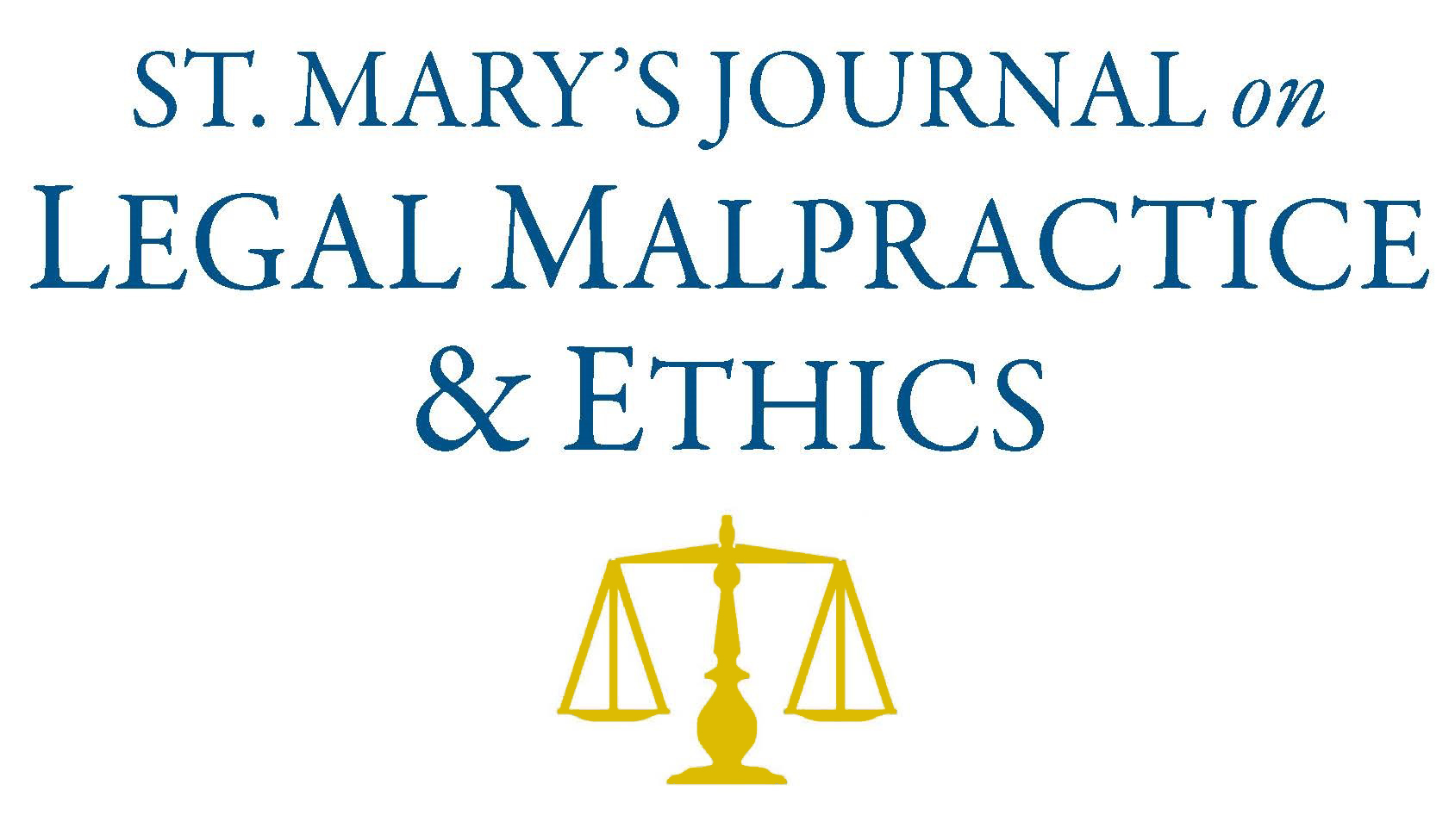
First Page
440
Date Created
1-1-2014
Publisher
St. Mary's University School of Law
Editor
Elizabeth Germano
Last Page
479
Abstract
The rise of the Internet changed the way initial interactions between lawyers and prospective clients happen. Unfortunately, a host of problems concerning privacy rights and consumer usage have emerged. In this digital age, where immediacy and response time are driving factors in an attorney’s online presence, the approach to establish an attorney-client relationship is far more informal. Due to the quick rise of the Internet and social media, the Model Rules of Professional Conduct do not offer a clear answer for attorneys using social media. An inherent danger lies in off-the-cuff remarks, made on the Internet—a platform generally associated with distressingly low standards of research. While an attorney may view these remarks as mere suggestions, if a client perceives them to be a legal strategy—or worse, legal advice—that attorney may be at risk of a malpractice suit and potential sanctions. If an attorney is using social media or other online platforms, they must bear in mind the blurry distinction between providing legal information and offering legal advice. Practitioners should not wait for the American Bar Association (ABA) or local state bars to take remedial measures which address ethics rules’ applicability to social media. Instead, practitioners should interpret and apply the current rules themselves to the best of their ability. Until adequate rules are put in place guiding social media usage, a good rule of thumb lawyers should employ is asking, “Would this action be ethical in the offline world?” If the answer is no, they then should ask themselves whether it is likely to be unethical in the online world as well.
Recommended Citation
Paige A. Thomas,
Online Legal Advice: Ethics in the Digital Age,
4
St. Mary's J. on Legal Malpractice & Ethics
440
(2014).
Available at:
https://commons.stmarytx.edu/lmej/vol4/iss1/11
Included in
Law and Society Commons, Legal Ethics and Professional Responsibility Commons, State and Local Government Law Commons

